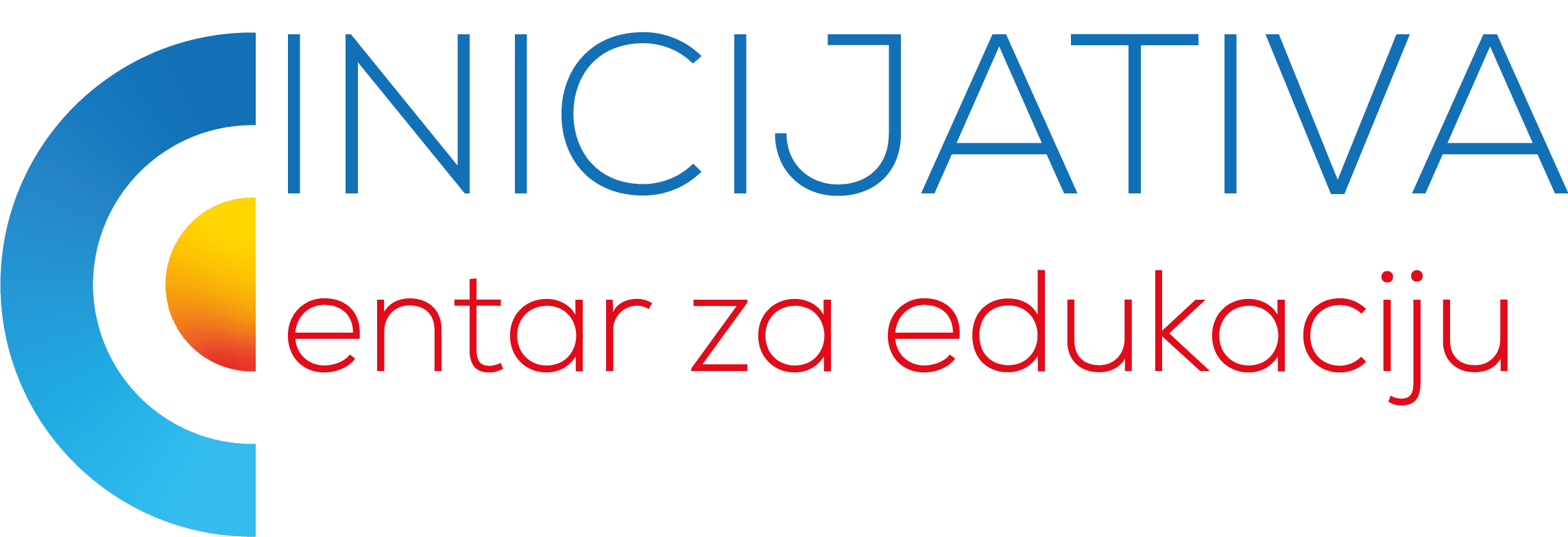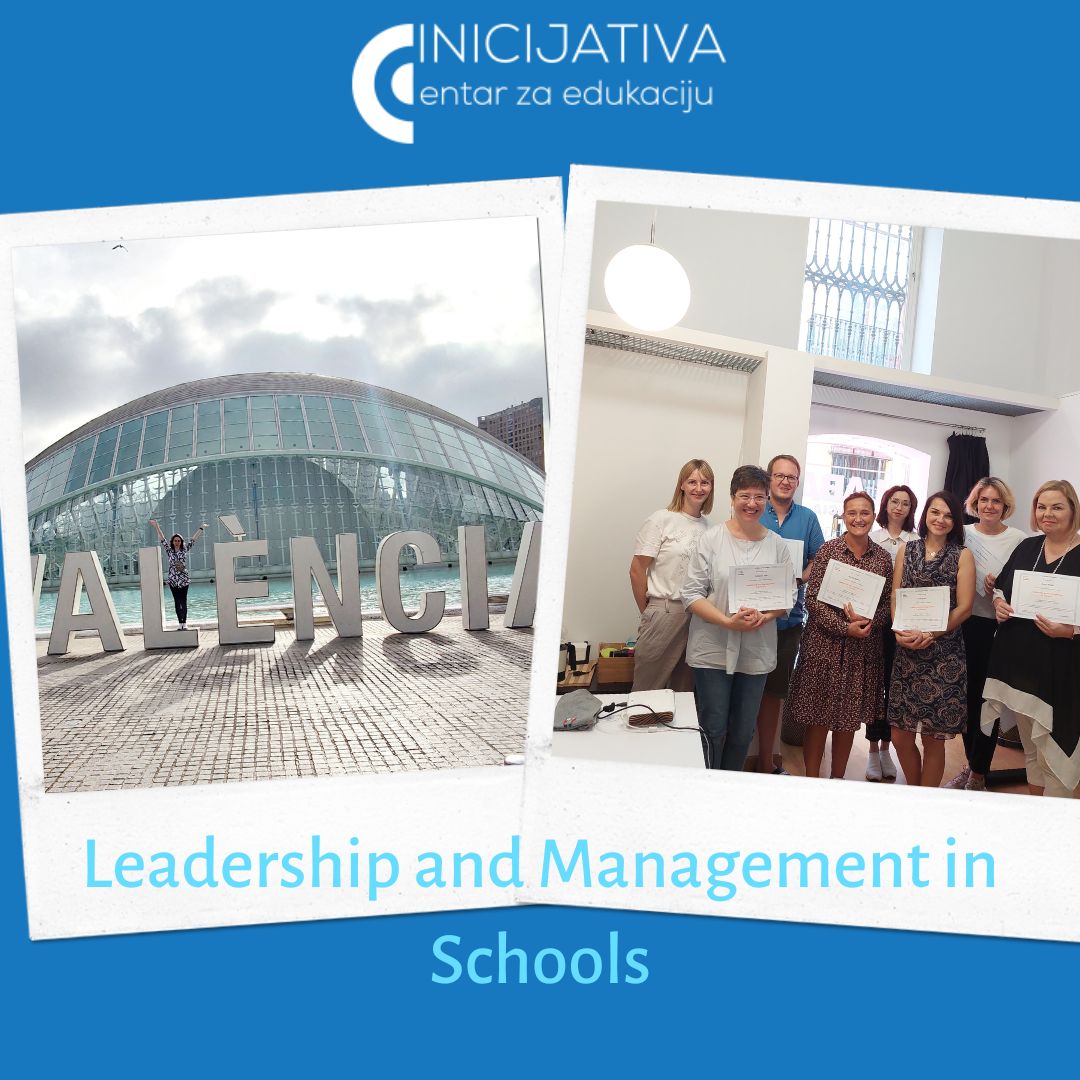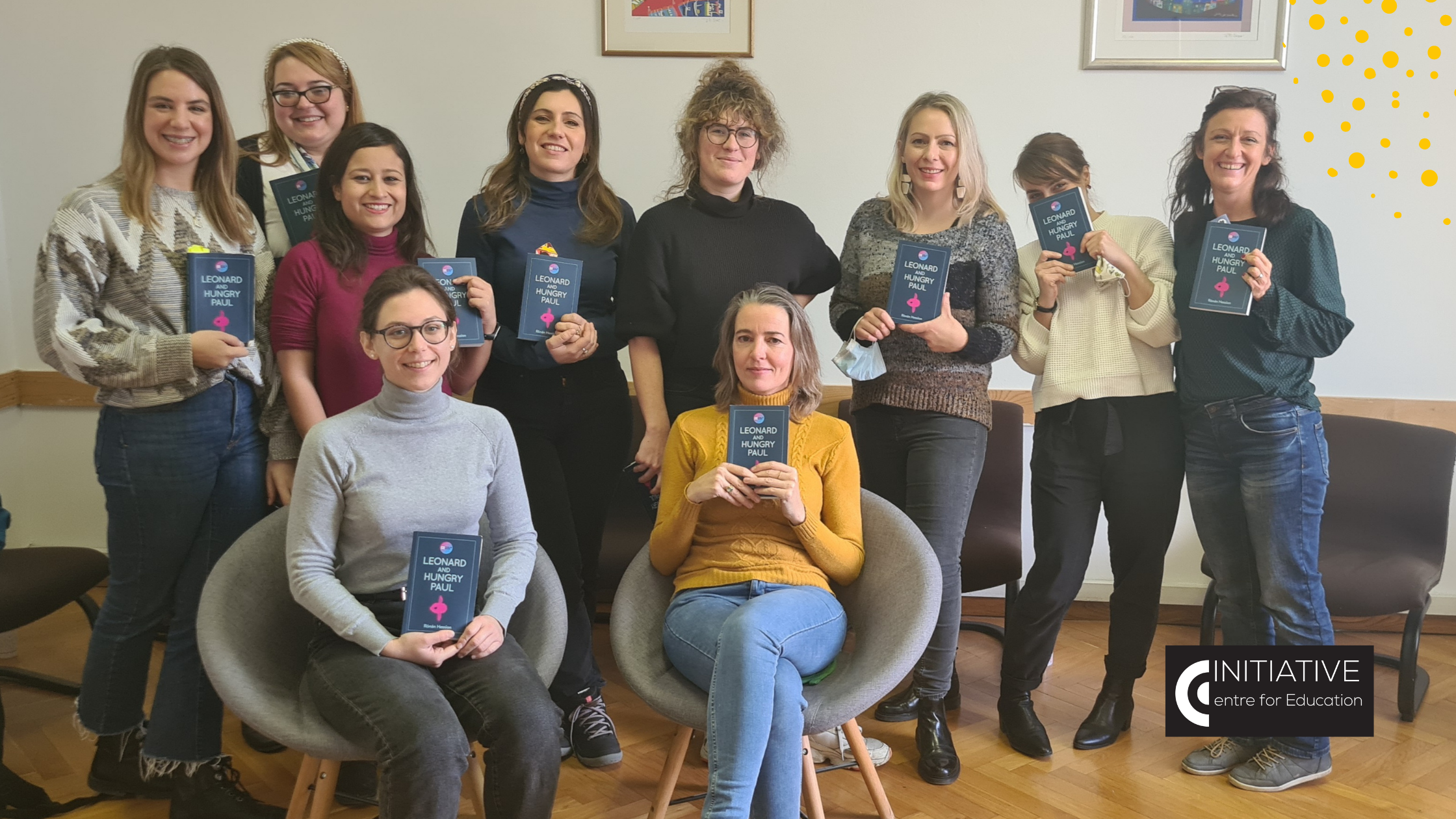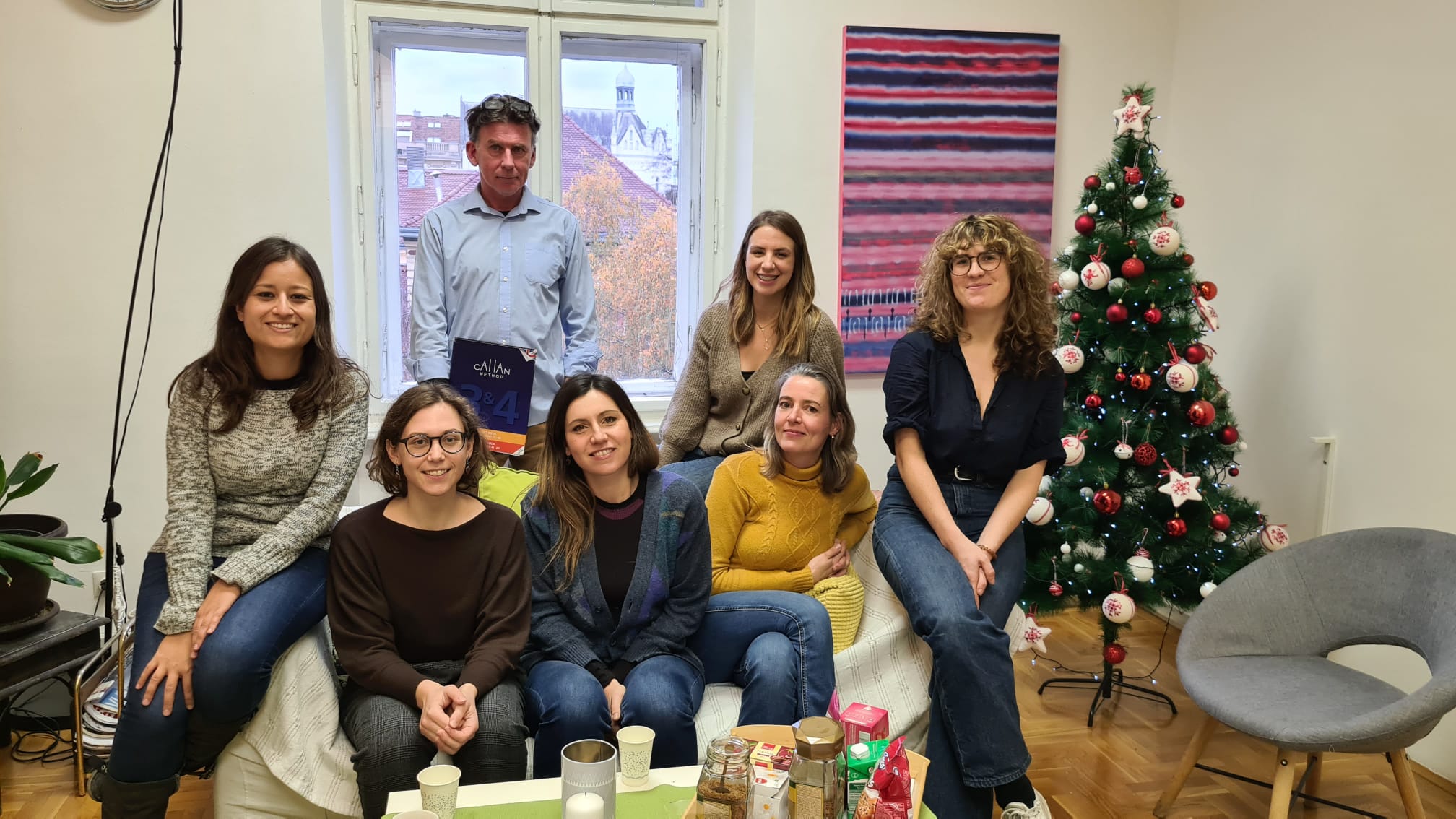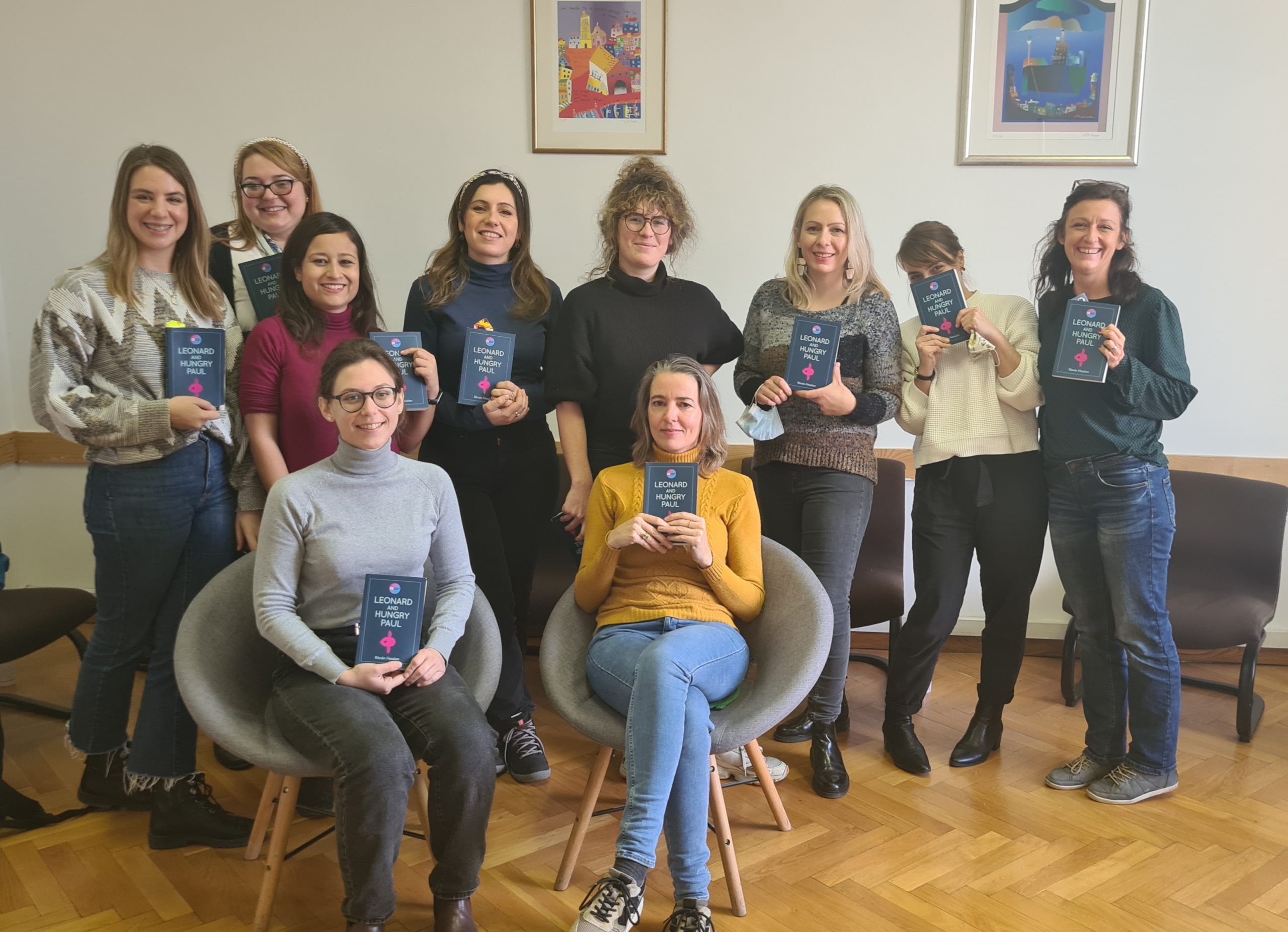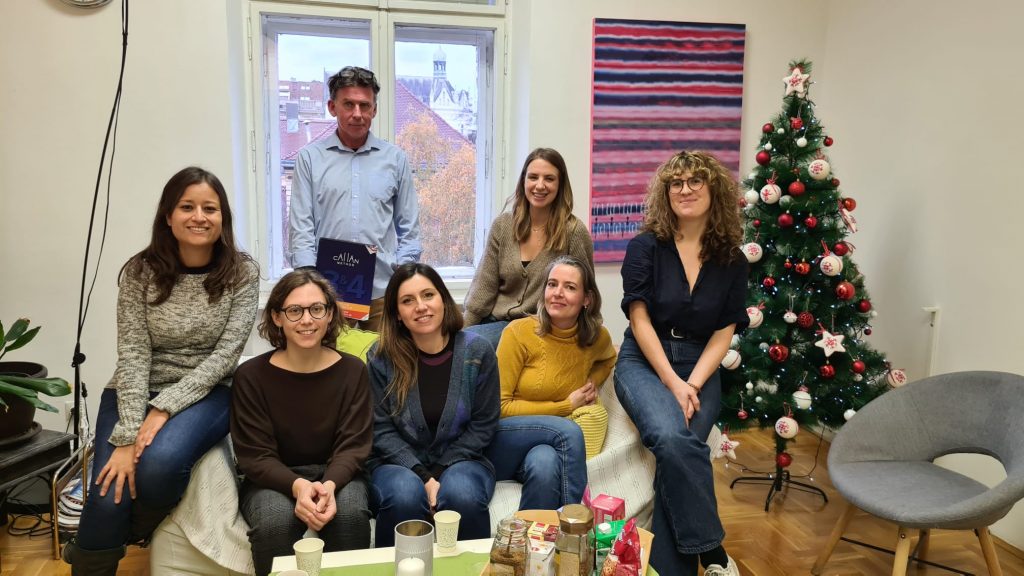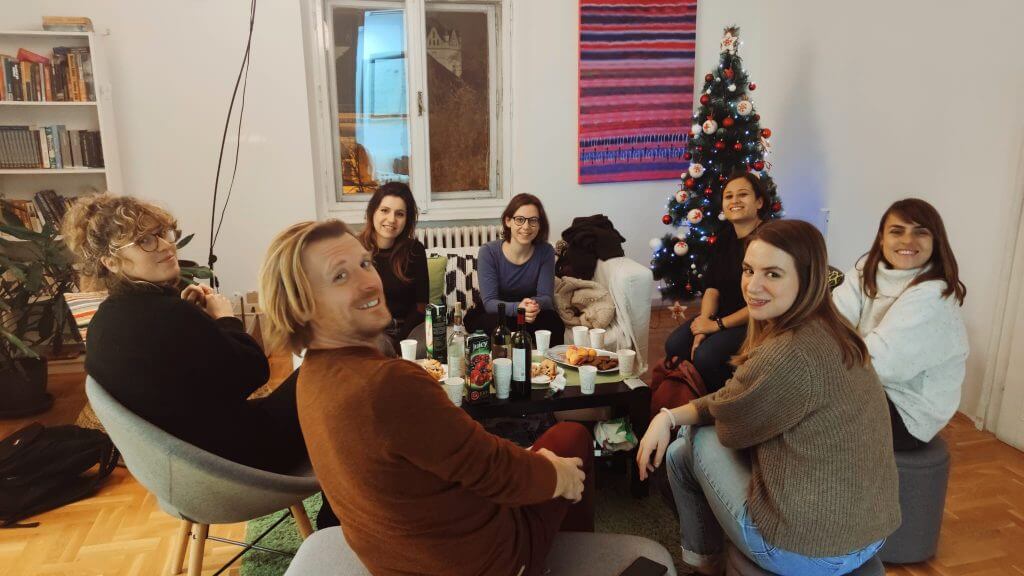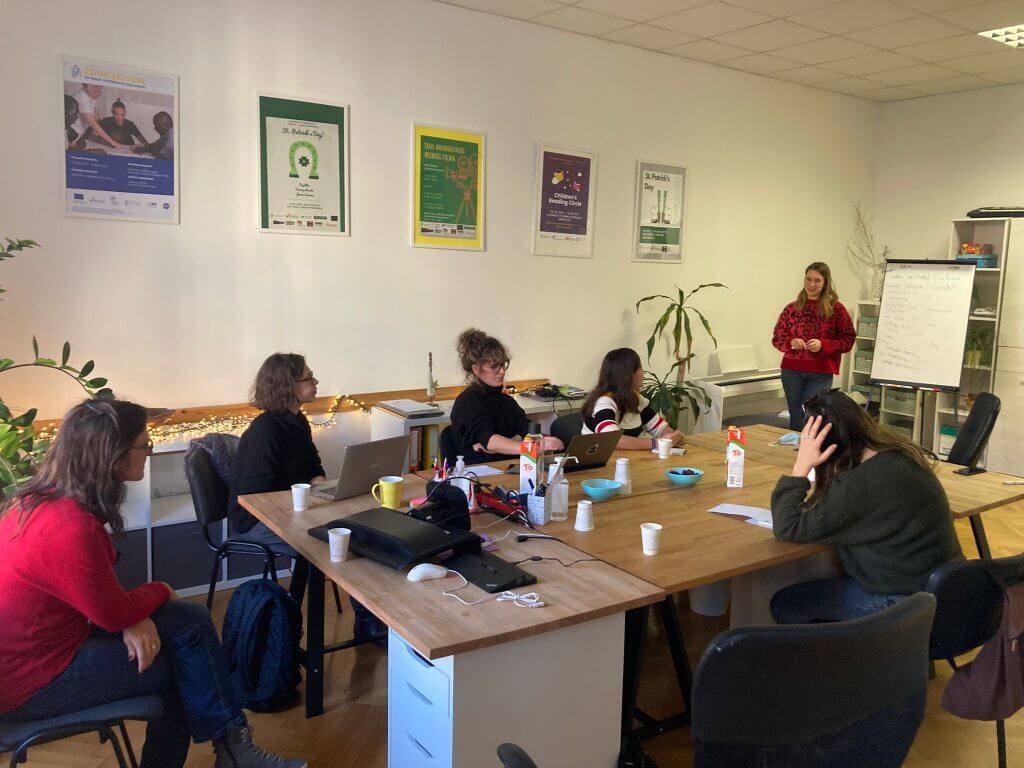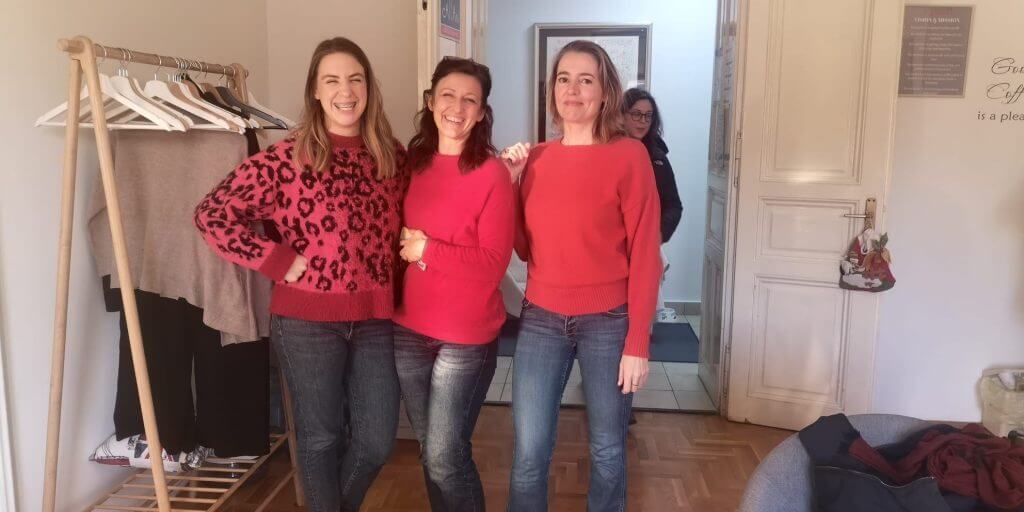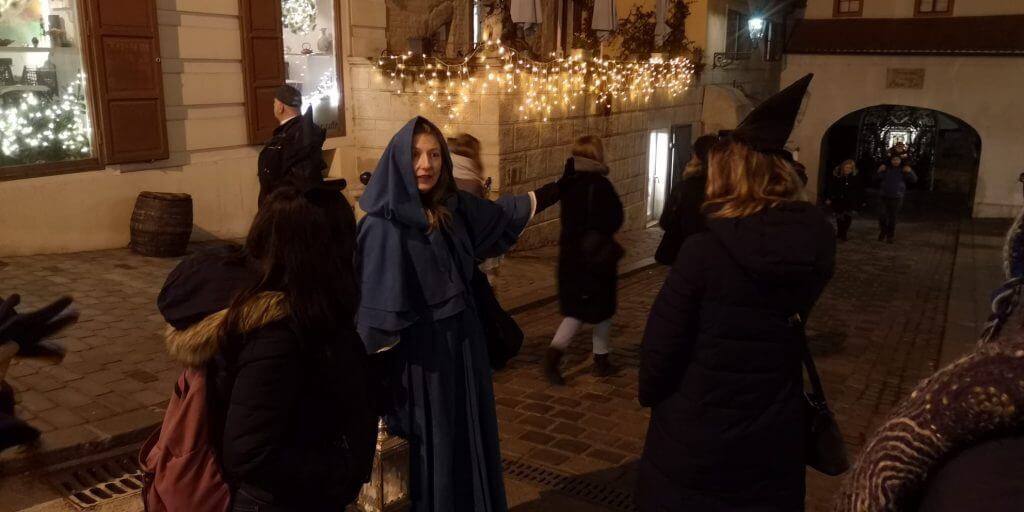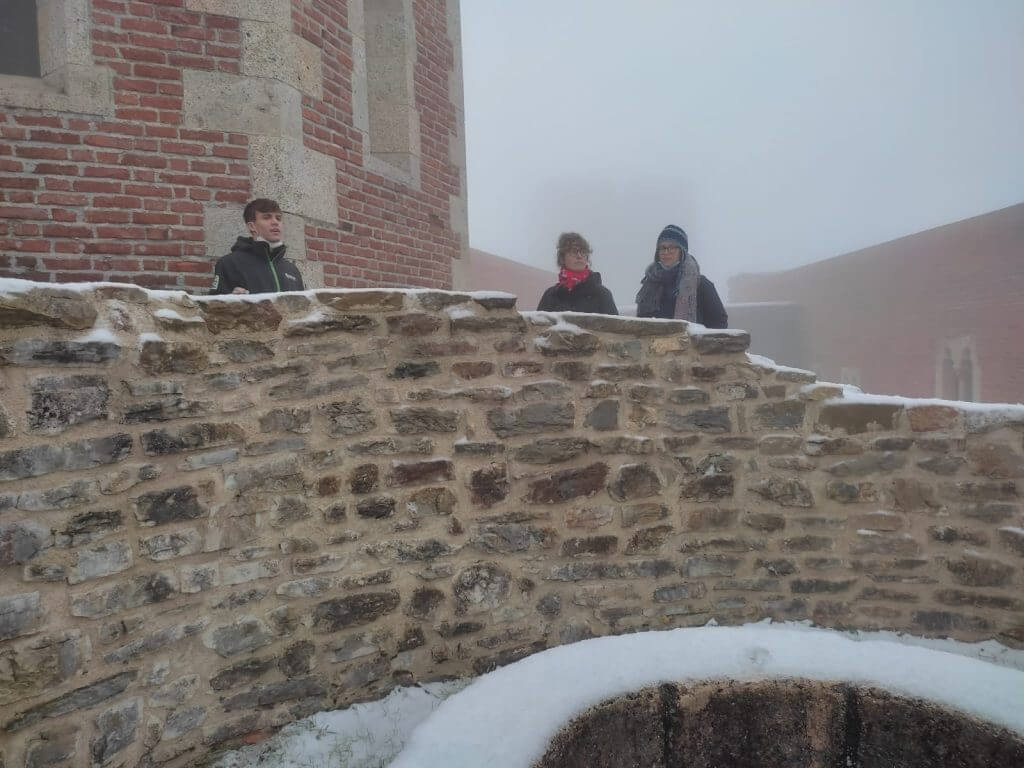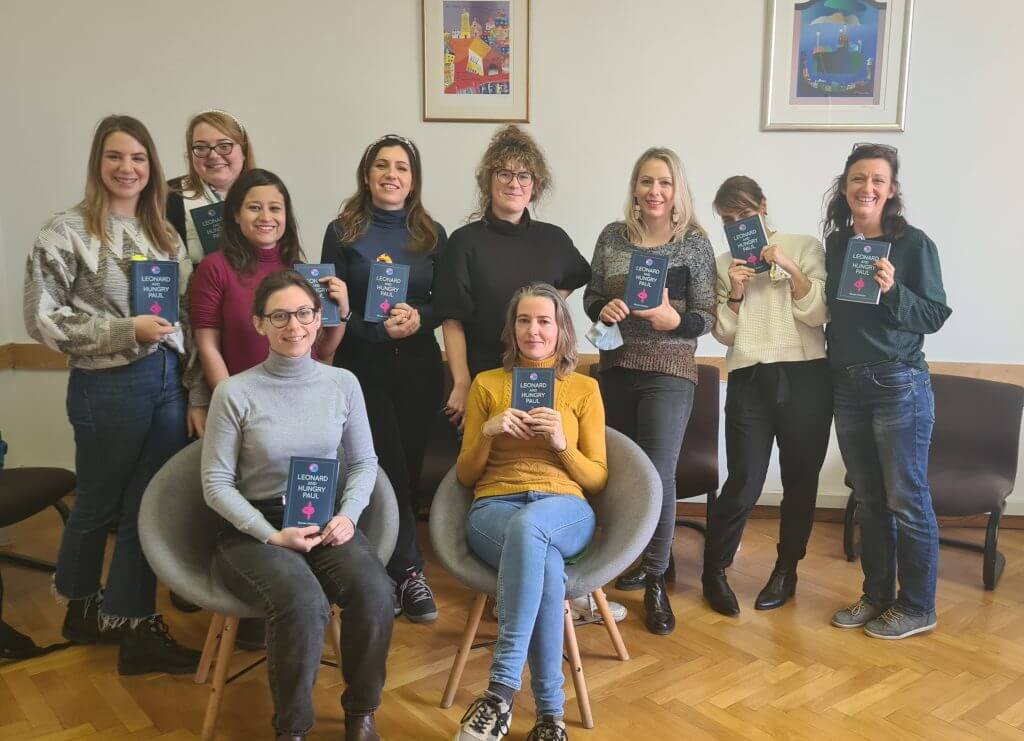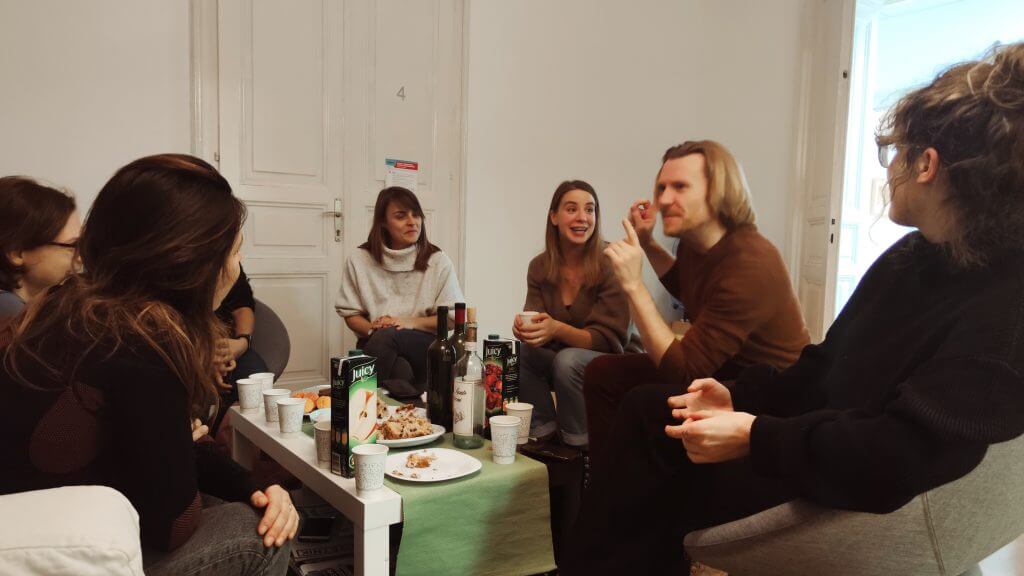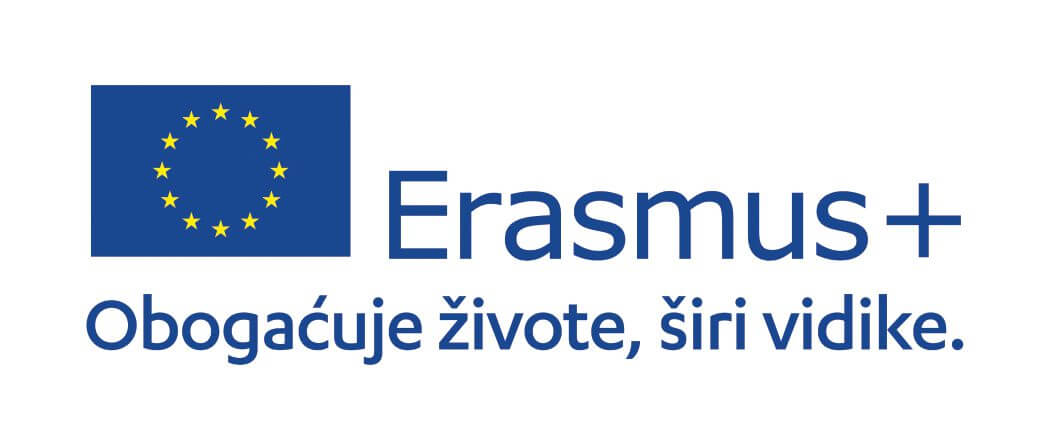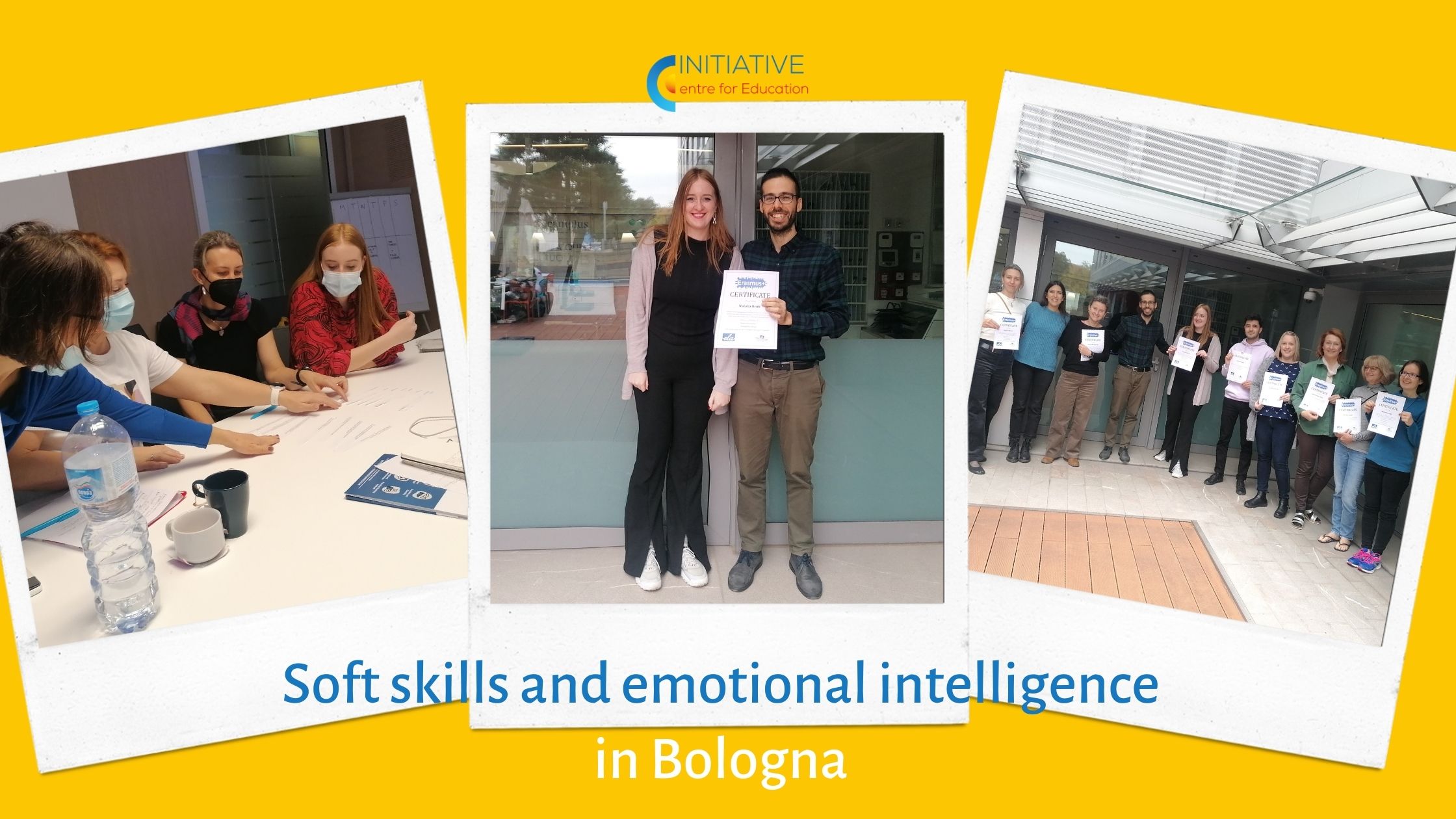The Teacher Academy training course 'Leadership and Management in Schools' held in Valencia in October 2022 was intended for members of educational establishments who wish to further their management skills and serve as leaders to their schools to the best of their ability.
The training participants were school principals and vice-principals, head teachers, and administrative staff from different European countries who have multiple years of experience behind them. Their passion and pride in being part of educational establishments that help elevate personal and social life was prominent in everyone.
There was a sense of togetherness bound by the love of our job, but also a sincere curiosity for others' experiences and feedback, as everyone there had surprisingly different school organisation, approaches, and roles inside the school system.
This diversity made the program more enjoyable, as it proved the point that there is no one (perfect) way of managing a school. Flexibility, adaptability, creativity, and compassion for the needs of others are all crucial skills for a good manager. It isn't always just about logic and chasing goals.
We were also lucky enough to have a representative of the praised Finnish school system among us, whose take on student integration and the challenges coming from the current political events were highly educational and thought-provoking.
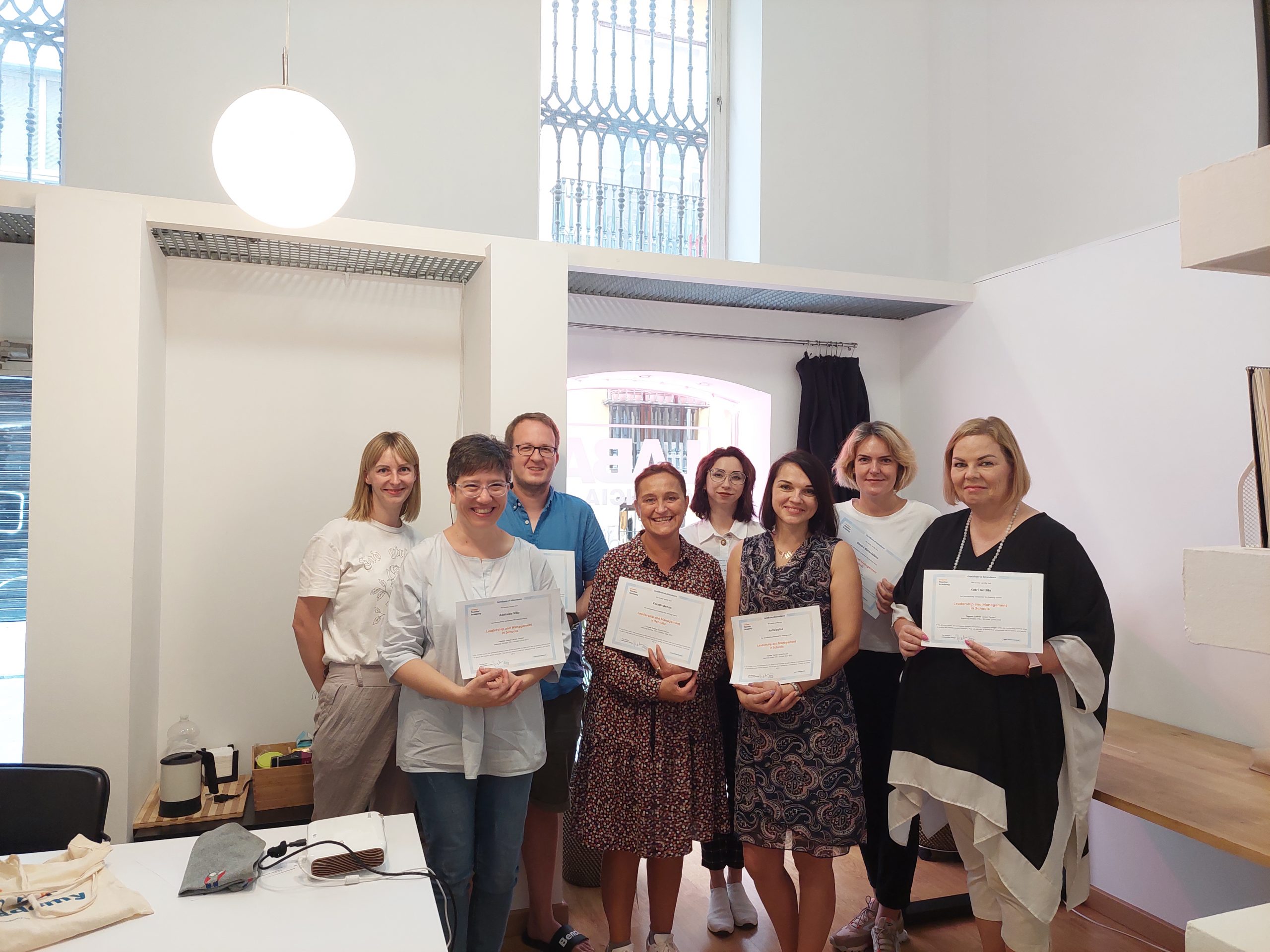
Setting goals and overcoming differences
The program touched upon the methodologies of setting goals and their completion. A well throughout, measurable, and relevant goal is half the success. We were given tools, e.g. Trello, that are a practical representation of the lessons learned.
The majority of the material was focused on working with people, understanding the differences in personality, character, and the general sense of work dynamics and culture. We discussed possible managing styles and their perceived outcomes. Every new topic fell back on introspection and defining our identity as a leader now and the ideal we strive for.
Taking the time to get to know your team properly and being aware of their weaknesses and strengths, establishing quality, open communication lines helps tremendously in proficient work assignment and execution. To achieve that, we discussed possible meeting tactics, negotiation, and conflict resolution principles. One interesting and fun activity was taking the 16 personality test, which led to some surprising results.
The week-long training on leadership and management in schools gave us a lot to think about and further explore in the future. The culturally rich, welcoming, and architecturally breathtaking city of Valencia made the whole experience that more enjoyable.
Mobility of course participant is enabled within the project "Step up", code number: 2021-1-HR01-KA122-ADU-000018329.
The project is funded by the European Union.
Erasmus +: Enriching lives, opening minds.
Monija Škriljevečki

